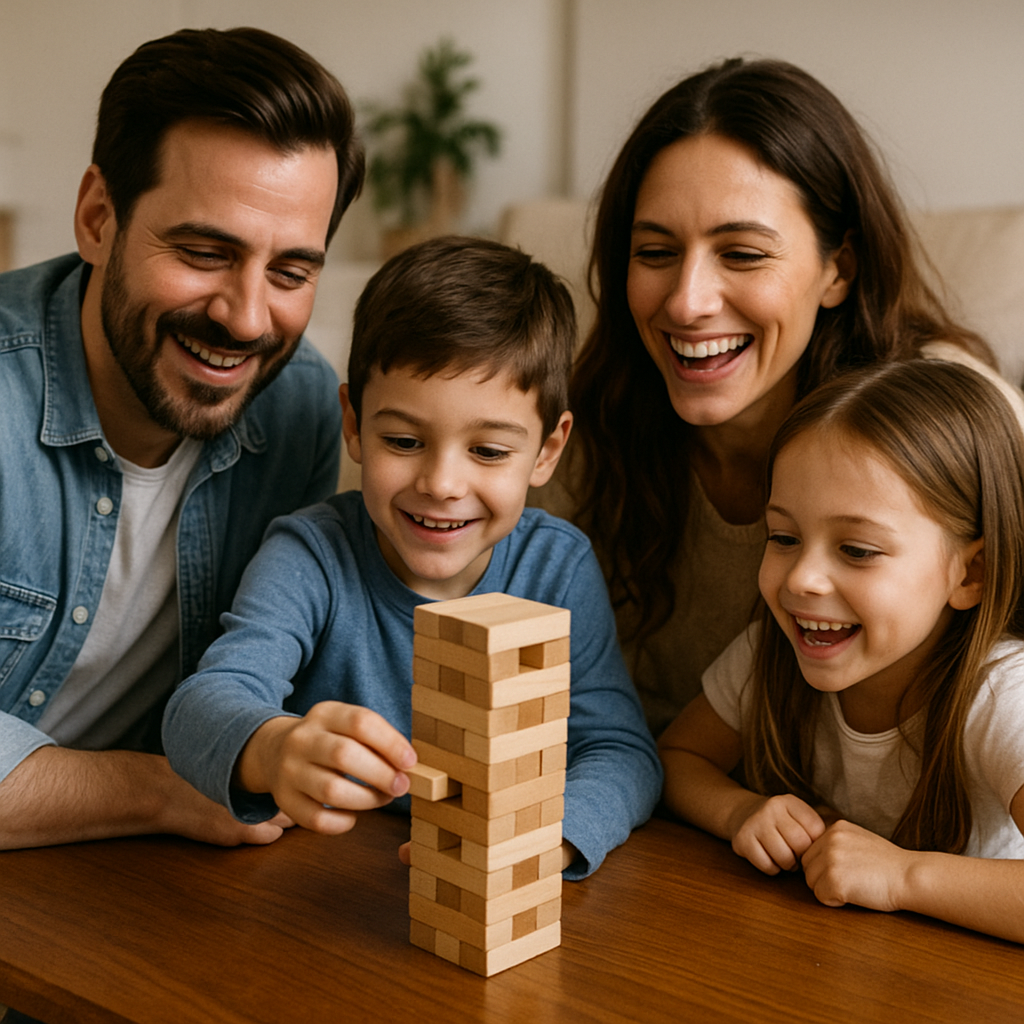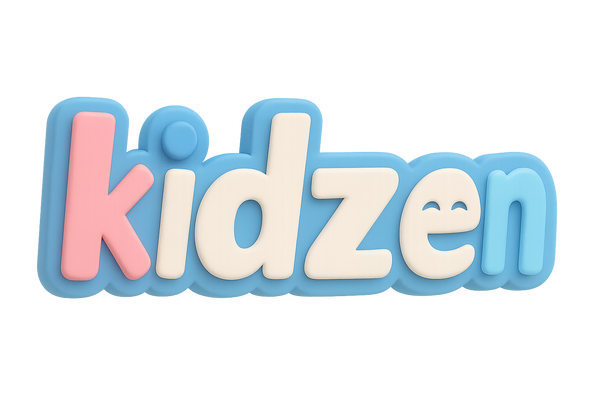
How to Make Jenga Extra Fun for the Whole Family: Evidence-Based Tips for Meaningful Playtime
Share
Jenga isn't just a game of wooden blocks—it's a powerful way for families to bond, laugh, and develop vital cognitive and emotional skills together. If you’re looking for an engaging, screen-free activity that brings all ages to the table, Jenga is your answer.
🎓 Backed by Research: The Power of Family Play
A 2020 study published in the Journal of Family Psychology emphasized that cooperative gameplay promotes stronger emotional bonds between family members and improves communication patterns (Markey et al., 2020). Jenga, being a turn-based strategy game, encourages conversation, turn-taking, and even emotional regulation as kids (and parents!) learn to stay calm under pressure.
🧠 Why Jenga is Development Gold
According to a 2021 article in Cognitive Development, structured games like Jenga enhance children's executive functions—particularly attention control and planning ability (Best & Miller, 2021). When families play together, kids not only develop fine motor skills but also learn to anticipate consequences and think critically.
🤹 5 Tips to Make Family Jenga Time Unforgettable
1. Create Jenga Challenges
Write fun prompts or challenges on the blocks ("Sing a song!", "Do 5 jumping jacks"). Every time someone pulls a block, they must complete the task. This keeps younger kids especially engaged.
2. Rotate the “Jenga DJ” Role
Let each family member take turns being the game DJ—choosing background music to play during the game. This keeps energy high and gives everyone a role.
3. Use a Point System
Gamify Jenga even more by adding a scoring system. Each block pulled successfully earns a point. Knocking the tower over? Lose 3! At the end, total up and give out silly “awards.”
4. Reflect and Rebuild
After a game, talk about who made the most daring move, or how the strategy changed mid-game. Then rebuild and play again—this cycle reinforces learning and bonding.
5. Mix in Learning Goals
Want to sneak in some learning? Add trivia questions (e.g., “Name a state that starts with A”) before each turn. Answer correctly to move; miss it and skip your turn.
💡 Bonus: Why It Works
Play-based interactions like Jenga have been shown to strengthen family identity and reduce stress. A 2019 study in Leisure Sciences found that shared leisure activities like board games increase overall family well-being and contribute to children’s resilience and emotional intelligence (Zabriskie & Freeman, 2019).
Final Thoughts
Making Jenga fun for the family is about more than stacking blocks—it's about stacking memories. Whether you're playing with toddlers or teens, Jenga provides the perfect structure (literally!) for laughter, learning, and love.
